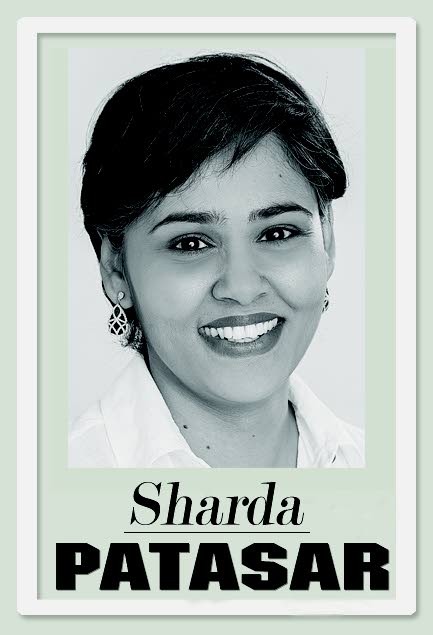Mind bending

The power to change one’s mind is liberating, and one that we take too lightly. It is one of those things that I love about research, this gathering of information, knowing that I can never really tell the full story but knowing too that I can at least tell a version of it, because in the absence of information we can sometimes make inaccurate deductions or incomplete ones. Someone else fills it in. It is a relay, this passing of the baton, a few players taking the narrative in various directions. This allows the individual to approach the world with humility and therefore with wonder.
I am set in certain ways, don’t get me wrong. There are some quirks I suppose that remain for a lifetime. These habits are habits of the mind, like the routine of making the bed in the morning. Try as I might, this is not a habit I can shake. It is about my mental space, de-cluttering so that other things can be accommodated. The process of making music, of writing, is already messy. Composing happens in a fragmented way, one line here, one line there, sometimes many lines in one sitting, sometimes none.
One needs, within this scattering of moments, some order in which to navigate, and a well-made bed provides this. It is a habit of being, a way of looking. It is contained within my physical body too, for I feel the physical discomfort that untidiness creates.
My intellect is a democracy – governing for my better existence. Information is necessary for it to function efficiently, for the processing power to grow, because this is what democracy means doesn’t it – access to information so that we can make efficient decisions or as efficient as possible a decision?
I cannot resist the thought of our most recent political comess – appointments and firings and appointments and revoking of. Almost as though the leader had no information with which to work, but then someone says, "Aye! Yuh can’t appoint da man, na. You in for trouble if you do dat." Hurriedly he changes his mind.
This is the kind of mind-changing that is mind-numbing. Mind-numbing for us spells danger, for we entrust the governance and our well-being to careless folks.
But I have not come here to discuss the matter. There are more informed people creating noise about it.
My job rather is to ask why this exists in the first place and why we are not too concerned about it, except momentarily. Our humour about it is really nervous laughter because we do not have the vocabulary, it seems, to address matters that should be important. Every act of indiscipline and irresponsibility begins small, things we overlook, until this becomes our habitual manner of being.
A few weeks ago, driving through Trantrill Road, heading east, I saw an opportunity.
A tractor parked in front of a row of coconut trees had caught the light of the setting sun. It was the perfect amount of light over that area of the field, transforming the scene into a photo-op moment. It was the tropical, agricultural moment.
I slowed down to soak it in when it hit me. I was seeing something that I had been conditioned to see through media.
A struggle ensued, a struggle between conditioning versus wanting to see this from a different perspective.
I didn’t take the photograph. As captivating as it looked, it would be an intellectual obscenity to capture a moment that I knew had been a result of conditioning.
There was a deep desire to rip apart that photograph and compose a new one, but try as I might, I couldn’t.
It was a terrifying moment. It seems melodramatic to describe it as such, but it is the only word that can articulate the feeling. I wondered in a panic, what else was I not seeing? What else was I seeing through a warped mirror? How was I to undo this lens?
In that moment, more profound than ever, I could understand why our people do not take a stand. I could understand why we vote the way we do.
It does not cease to be extremely vexing, but I suppose in that terrifying moment, one can see that looking from a different perspective is a difficult task, muddied by apathy most of all. And one wonders whether this is who we really are, or is there something else beneath that makes us numb and unwilling to work towards more responsible governance?
My wish for us is that we begin to ask the wayward questions, because we are a wayward people, people with a doh-care-a-damn attitude that hasn’t seeped into the places where it matters the most.

Comments
"Mind bending"